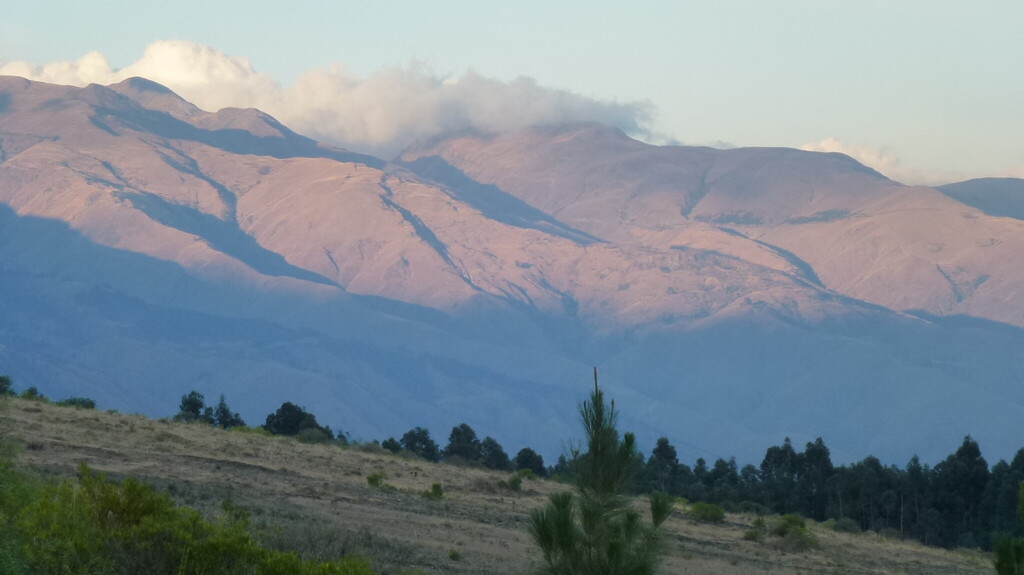

100 years ago, wild, untouched forest covered the Andes. The Tunari National Park in the highlands of Bolivia was established to protect the primeval forest. But the forest was almost completely cut down out of ignorance and necessity. In 2014, Naturefund began planting the first 10,000 trees and supporting farming families in converting to the Dynamic Agroforestry cultivation method. This has worked: green islands are appearing everywhere on the bare mountain slopes.
Start: April 2014
End: still open
The Tunari National Park is located in the valley of Cochabamba in Bolivia and is part of the eastern Andes Mountains with the Tunari as the highest point (5,035 m above sea level).
First stage 2014-2016: 10,000 trees,
Second stage 2017-2019: 30,000 trees
The national park itself covers an area of 3,090 km ² in which around 80,000 people live in scattered villages.Naturefund supports about 300 families in six municipalities in and around the National Park: Tiquipaya, Quillacollo, Vinto, Sacaba, Apote and Arani.
Naturefund's Bolivian partner is the AGRECOL Andes Foundation.We also cooperate with the women's initiative CETM, the research farm MOLLESNEJTA, the agroforestry network ECO-SAF, the Universidad Católica Boliviana "San Pablo", the foundation Simón I. Patiño and their farm of the Granja Pairumani and the local organization Bosque y Comunidad.Together we promote the sustainable and promising cultivation with dynamic agroforestry.
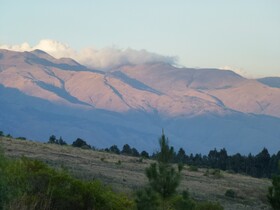
The eastern Andes Cordillera enclose the valley like a ring. Once the mountain slopes were densely forested and the name Cochabamba meant the valley with the many lakes in Quechua. As early as 1962, the Tunari National Park was established to protect the primeval forest of the Andes and thus also to secure the drinking water supply of the megacity of Cochabamba.
Uncontrolled immigration, a weak government and ignorance led to the fact that the mountain slopes are almost bare today and this leads to the well-known consequences: Parched soil in the dry season, so that nothing grows in agricultural fields, mudslides in the rainy season. Many smallholder families in and around Tunari National Park live on subsistence farming. They keep livestock and grow crops in monoculture using traditional farming methods. Their yields are low. As a result, problems such as malnutrition and poverty are widespread in this region. Moreover, according to the authorities of the department of Cochabamba, the damage caused by storms, landslides and mudslides has doubled in the last five years.
In 2014, Naturefund started a reforestation project together with Bolivian smallholder families. The goal was to protect the last remnants of virgin forest and at the same time create edible forests for people and animals.
In the first step, Naturefund supported 94 families in converting their land to dynamic agroforestry. Dynamic agroforestry is an innovative and promising cultivation method that reforests even barren land in a short time. On the same area, families can grow their food at the same time. We train the families in dynamic agroforestry and show them how they can conserve the resources water and soil, achieve higher yields and at the same time avoid pesticides and fertilisers.
In the first phase of the project, 10,000 trees were planted, including 4,000 fruit trees and 6,000 local, indigenous tree species. A survey in 2016 and 2017 in Sacaba municipality showed an average income increase of 143% in the first year (2016) and a further income increase of 210% in the second year (2017) after conversion.
Together with the German Federal Ministry for Economic Cooperation and Development (BMZ), we launched the second project phase in autumn 2017. In this phase, we supported almost 200 families in switching to sustainable cultivation with dynamic agroforestry and planted 30,000 more trees in the process. At the same time, simple water basins made of local material were built with various villages to secure the water supply in the dry season.
We have also established several demonstration plots to show the benefits of dynamic agroforestry to more people. These include the plots at the Faculty of Forestry of the University of San Simon in Cochabamba (ESFOR), which is also used for training purposes for future forest engineers, two plots at Granja Pairumani, two plots in Mollesnejta and another one in Apote.
In total, 286 families were converted to Dynamic Agroforestry, 26 water basins and 10 irrigation systems were built during the first and second project phases. In total, more than 40,000 trees were planted - the Andes around Cochabamba are becoming greener again! The farming families are also continuously trained and supported in the application of the method by specially trained dynamic agroforestry trainers, whether through workshops and seminars or practical inspections of the farmland. Surplus harvests can be sold on local markets through distribution networks we have established, thus improving the families' income.
In the current third project phase, we want to support more farmers in converting to dynamic agroforestry in addition to the continuous care and support of the already existing plots. There has been a great deal of demand from surrounding municipalities, and it is planned to convert a further 30 plots to dynamic agroforestry before the end of 2022. Further water basins are also to be built by the local population and with local materials to ensure a continuous water supply.
Another important milestone in the third project phase is the ongoing training and education of smallholders in the principles of Dynamic Agroforestry. In addition, institutions are to be trained and further DAF trainers as well as pilot farmers are to be trained, who can then in turn pass on the cultivation method to farmers in surrounding municipalities. The expansion of distribution networks is also a priority in this project phase, so that harvested products can no longer be sold only at certain times at markets, but also continuously in shops. The further processing of the harvest, for example apples into apple juice, plays an important role here, which is taught to the farmers through seminars. The small farmers should also learn how to present their products attractively at the markets.
We need your help to implement these projects!
Here you will find information and news about this project.
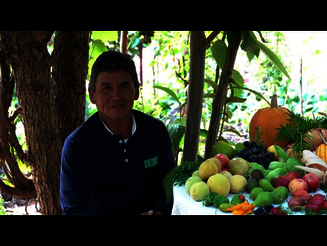
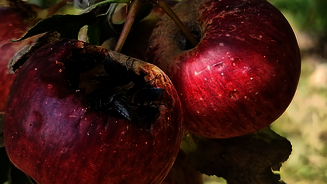
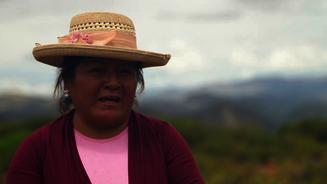

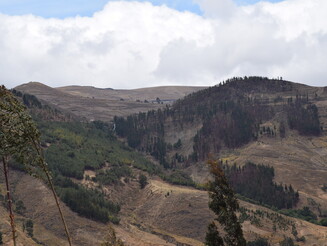
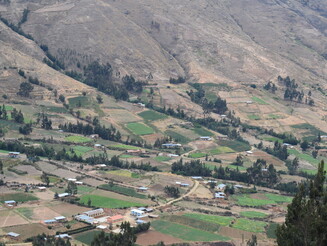
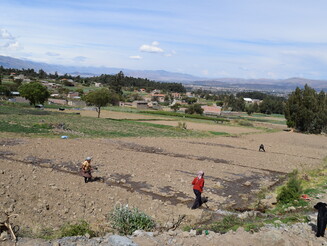
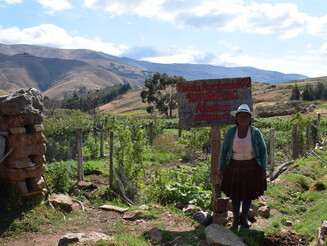
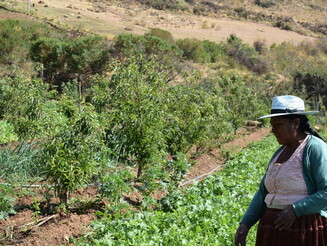
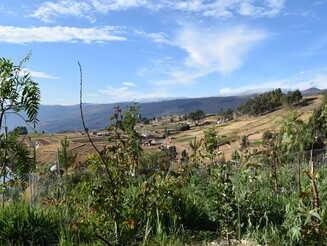
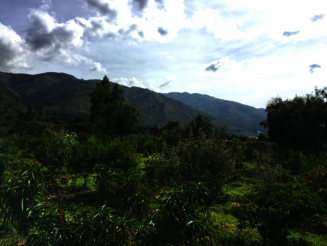
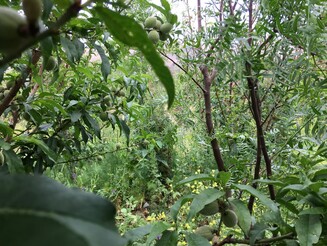
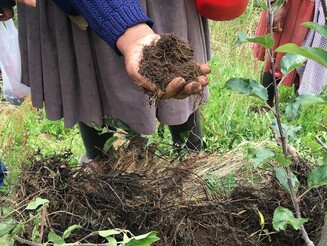
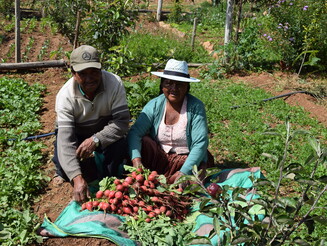
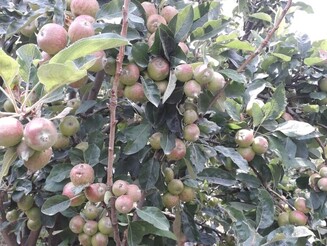
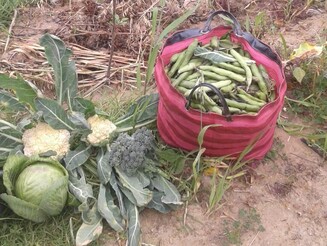
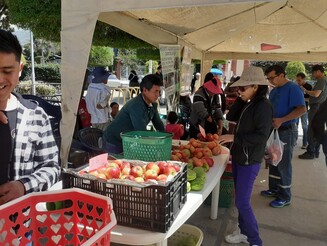
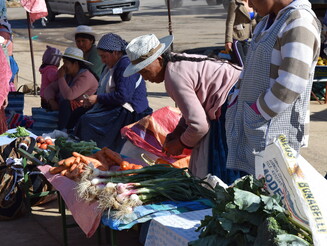
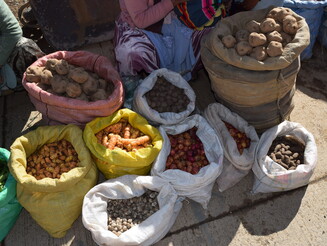
Sorry, there is no comment for this project yet. Write the first one!